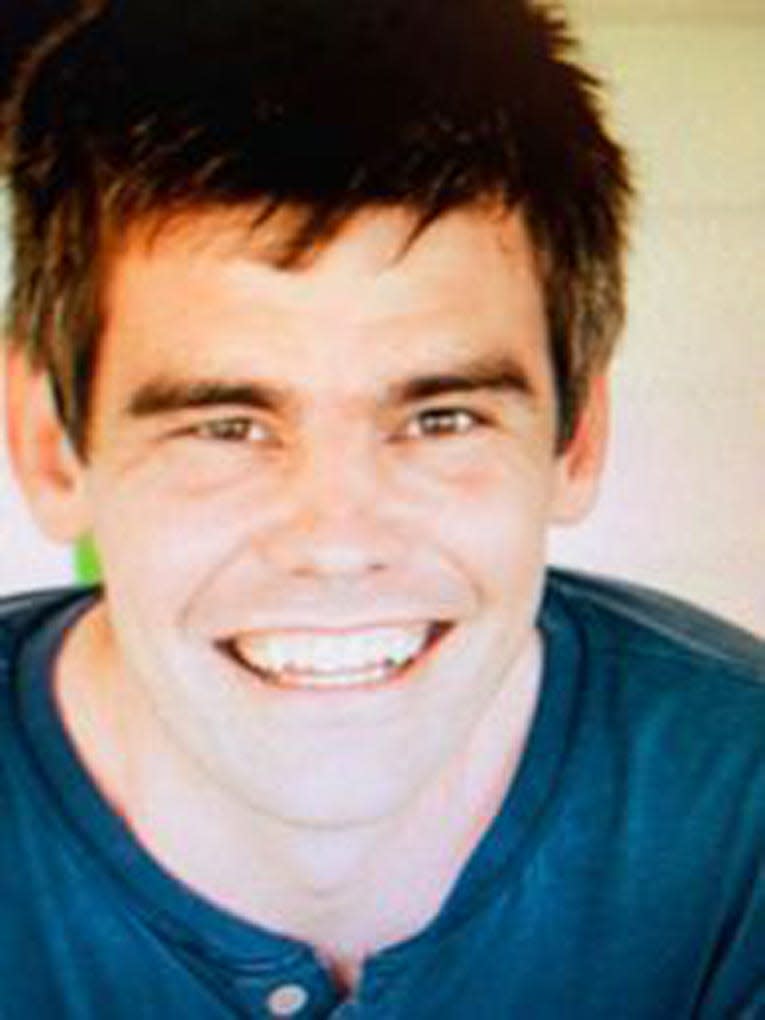John Taylor: Investing in community not convenient, but provides purpose

John Hopkins Center for Gun Violence recently released a study that analyzes the most recent Centers of Disease Control and Prevention firearm fatality data. In 2020, gun deaths across the national increased by 35% in one year, reaching the highest number recorded to date. This data revealed gun violence was the leading cause of death among children, teens, and young adults under the age of 25, accounting for more deaths than cancer, COVID-19, and automobile accidents. Suicide accounted for 54% of all gun deaths, homicide 43%, accidents 1%, legal intervention 1%, and undetermined intent 1%.
As I began researching the topic, I found a variety of studies that provide suggestions of socioeconomic conditions that may increase or decrease the likelihood of gun related fatalities: disparity in income, trust in the government and large corporations, social mobility, and public welfare. Despite an abundance of data on deaths related to guns, I came up mostly empty when I began to try to find reports that explore why such factors might have an effect on gun homicides; however, I found many plausible hypotheses, which led me to look for common threads and, as I did, I kept coming back to the importance of community.
Given that nearly all firearm fatalities are not accidents, they are either acts of self harm or harm to another, I decided to think about times thoughts of harming myself or others have crossed my mind. As you can probably imagine, times I have had such thoughts I have mentally been in a dark place, feeling alone, misunderstood, hurt, and/or hopeless. At points in my life, especially after returning home from war, I have experienced mental health challenges. I think we all do at various points in our lives.
Despite years of counseling, anti-depression and anti-anxiety prescriptions, and all sorts of therapies, the thing that finally helped me move my mental state of mind and being in a positive direction was finding community and in that finding a sense of purpose, belonging, and support. I say “finding” as it was something that was always there, right in front of me and very accessible, but I had to choose to search it out. It began with me making a choice to attend events in the community, concerts in particular, even when it felt uncomfortable. There was a time where a trip to the grocery store, let alone Walmart, was nearly unbearable for me.
As time went on, the people I met in the community presented opportunities for me to become more involved and supported me in doing so. I eventually felt like I belonged and had purpose. Specific to the socioeconomic conditions mentioned above, being involved in the community has helped me develop skills required of higher paying and more meaningful work, it has increased my level of trust in my local government and those who live here, and, as a result, given me a positive outlook on life. Interacting with others with diverse perspectives has helped me become more empathetic, compassionate and grateful in general.
While this is my personal experience, I have seen similar outcomes play out with others, and I believe that the more we collectively do to serve our communities and each other the happier and healthier we will all be, with a reduction in self-harm and violence in all forms being a side effect. Because this is such a simple concept it might sound far fetched. Could it be possible? I believe it is that simple, yet the solution is not necessarily easy as it requires commitment and dedication to serving one’s community. It requires accepting and being compassionate to those with ideas, values, and beliefs which may differ from our own. It can be a difficult and scary prospect. Staying home, where it is safe, predictable, and comfortable, is very inviting; while the risk is low, the reward generally is as well.
At one of my lowest points, I made a promise to myself to dedicate at least one hour per day to the community and I am so glad I have as my life is much more rich as a result. No matter what your current situation is, I highly recommend volunteering some time and/or resources to a cause greater than yourself. One of my close friends often says, “I have given a lot (through volunteering), but have gotten back more in return.” Investing in your community is never convenient and sometimes uncomfortable, but it’s always worth it. Often it’s hard to imagine the impact our actions can have, but I feel like it is hard to go wrong helping others and making a positive impact in the area where you live.
John Taylor is president of Levitt AMP Galva Music Series. He lives in Cambridge, Illinois, with his family.
This article originally appeared on Galesburg Register-Mail: John Taylor: Investing in community not convenient, but rewarding

